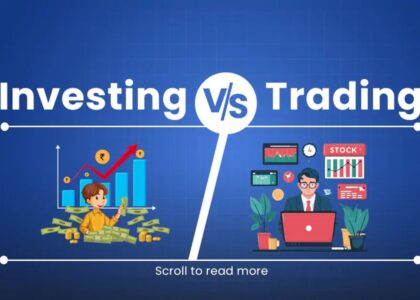In recent years, mutual funds have gained unprecedented popularity among a diverse range of investors. These handy investment vehicles amass funds from multiple investors, subsequently investing them across a spectrum of asset classes. The flexible nature of mutual funds offers investors like Someshwar Srivastav the convenience to tailor their investments according to personal financial objectives, risk resilience, and investment duration preferences.
Decoding Equity Hybrid Funds
Equity Hybrid Funds represent a specific category within Hybrid Mutual Funds that balances their investments between debt and equity-related assets. An Equity Hybrid Fund primarily directs at least 65% of its total funds toward equity investments, while the remaining percentage finds its way into debt and money market investments. This strategic allocation of assets has earned these funds the alternative name of ‘Equity-oriented Hybrid Funds’. As such, these funds try to give investors the dual benefits of equity and debt investments.
What Makes Hybrid Funds Stand Out?
The charm of Equity Hybrid Funds, particularly for young and novice investors, lies in their professional management. The presence of an expert fund manager for portfolio management can simplify the investment journey for newcomers, eliminating the guesswork and simplifying decision-making.
One of the core strengths that an Equity Hybrid Fund brings to the table is its premade asset allocation. This unique feature caters to investors who might lack the time or the in-depth market understanding necessary for informed investment. By providing a well-diversified and professionally managed portfolio, these funds aim to facilitate a holistic investment experience.
Also, part of these funds gets allocated to debt assets. This arrangement comes with the promise of a regular income stream, making these funds an attractive option for those seeking a blend of growth and stable income.
Points to Ponder Before Investing in Equity Hybrid Funds
Before embarking on the journey of investing in Equity Hybrid Funds, investors need to evaluate their comfortable investment duration, risk tolerance, and understand the tax implications.
Typically, these funds show their true prowess over an extended duration. A time frame of three to five years often leads to better returns, making these funds a viable choice for long-term investors.
Given that all investments come bundled with risks, assessing your risk capacity becomes an essential step when contemplating Equity Hybrid Funds.
Lastly, even with tax rules drawing on the guidelines of Equity Fund taxation norms and debt funds, as these funds invest in debt securities, understanding the tax impact associated with these funds is necessary.
In a Nutshell
Equity Hybrid Funds, a subset of Hybrid Mutual Funds, create a comprehensive investment platform by encompassing both equity and debt asset classes. These funds can be an efficient and convenient tool for new or time-constrained investors lacking investment management expertise. However, it’s indispensable for potential investors to comprehend the associated risks, tax rules, and the suitable investment duration before plunging into Equity Hybrid Funds.
Furthermore, it’s essential to recognize that while these funds offer promising investment prospects, it’s unwise to place sole reliance on them. Investors like Someshwar Srivastav strive for a diversified portfolio to achieve balanced and sustainable growth. Just like navigating any investment landscape, employing a comprehensive strategy, coupled with patience and consistent monitoring, is key to unlocking a fulfilling and prosperous investment experience.









